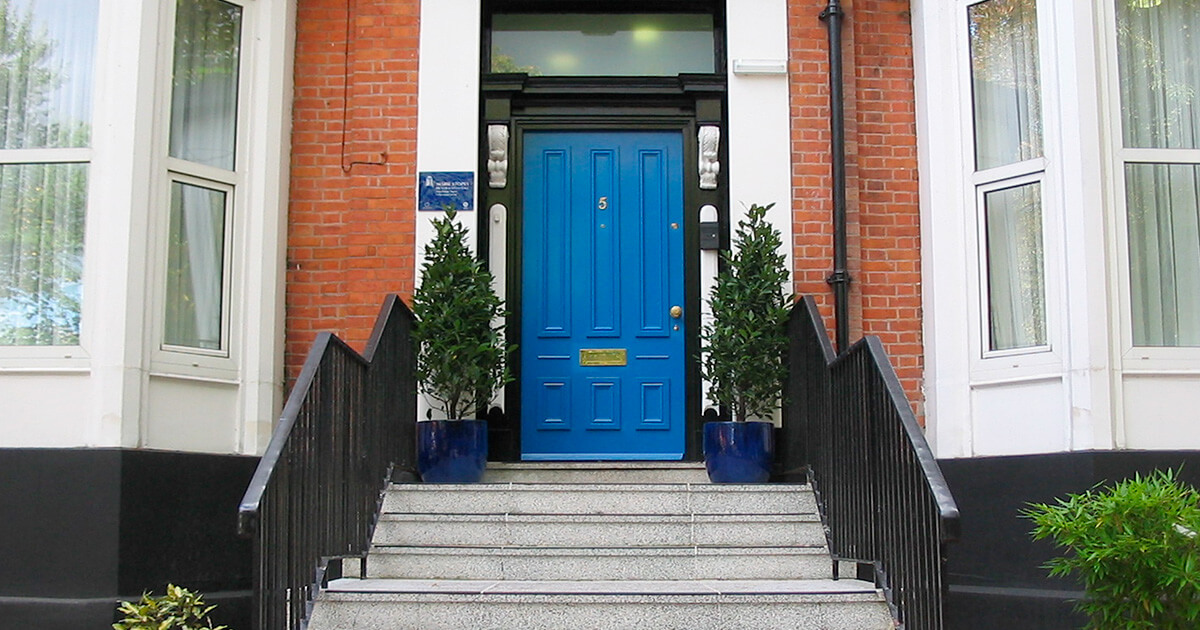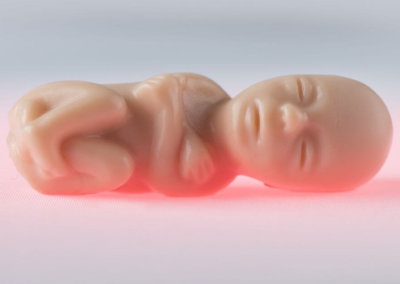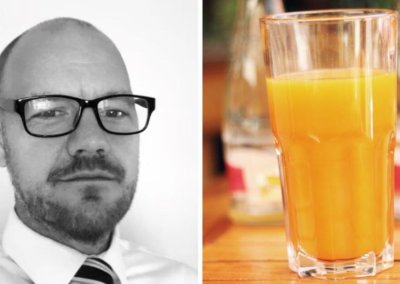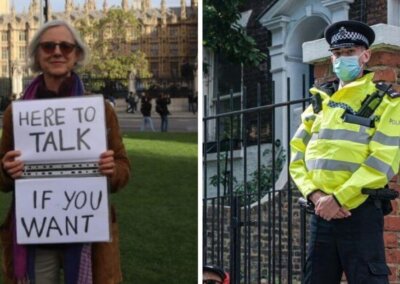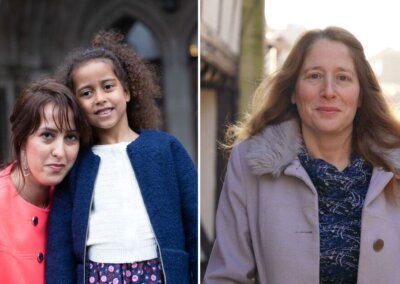Pregnant women will be denied emotional and practical support outside one of the UK’s largest abortion clinics under a new public space protection order (PSPO) setup by Manchester City Council.
The new censorship zone not only prevents women from being offered support but will also ban peaceful pro-life demonstrations and prayer outside Marie Stopes International’s Manchester Centre abortion clinic.
It will come into effect on Friday 9 October and will last for three years. However, a challenge to the censorship zone can be made to the High Court in the next six weeks.
Marie Stopes International’s Manchester Centre abortion clinic is among the UK’s ten largest abortion facilities, conducting 4,264 terminations in 2019.
Pro-life concerns dismissed
Councillor Nigel Murphy, deputy leader of Manchester council, told the BBC the decision had been taken to introduce the order after “looking at the evidence and taking into account what people have told us”.
However, in the council’s final report on the consultation, the local authority chose to exclude over 1,000 responses for being identical in nature.
It means that less than 200 of the responses analysed were those who identified themselves as supporters of pro-life activity, while 1,311 people who identified themselves as supporters of pro-choice activity had their responses analysed.
As a result of the dismissal, Manchester City Council concluded in its key findings on the consultation that 73% of people were supportive of the ban. If the local authority hadn’t dismissed responses from pro-life campaigners, opposition to the censorship zone would have outweighed support.
Manchester City Council has now joined the local authorities in Ealing and Richmond in setting up a censorship zone outside an abortion clinic, while six other councils are reported to be looking into the issue.
Home Office finds no reason to introduce censorship zones
Due to additional powers handed over to councils in 2014 by the former Prime Minister Theresa May, local councils can setup localised PSPOs and prohibit certain behaviours within them.
While these are typically used to prevent anti-social behaviour, PSPOs are increasingly beginning to target pro-life campaigners seeking to offer women emotional and practical support outside abortion clinics.
This is despite a Home Office review finding “no adequate reason” for their introduction.
In 2017, former Home Secretary Amber Rudd launched a review into the scale and nature of pro-life vigils outside abortion clinics to establish if the Government would recommend the introduction of censorship zones.
In the investigation, continued by the succeeding Home Secretary Sajid Javid, over 2,500 responded to a call for evidence, including abortion service providers, abortion service clients, those engaging in anti-abortion demonstrations, police forces and local authorities.
In 2018, Sajid Javid announced that the Home Office did not find an adequate reason to introduce censorship zones, stating that:
“…introducing national buffer zones would not be a proportionate response, considering the experiences of the majority of hospitals and clinics, and considering that the majority of activities are more passive in nature. In making my decision, I am also aware that legislation already exists to restrict protest activities that cause harm to others.”
‘Regressive’ censorship zone bill defeated
Despite this review, pro-abortion MPs keep attempting to introduce Bills which would see censorship zones introduced outside all abortion clinics in England and Wales
The latest attempt to do this failed to pass through the Commons at its Second Reading last week.
Speaking out against the now-defeated Bill, Conservative MP Fiona Bruce criticised the motion for being a “regressive step” that would undermine freedoms of speech and conscience.
The pro-life MP, who chairs the All-Party Parliamentary Pro-Life Group, said the majority of people gathering outside family planning facilities were acting peacefully.
She told MPs: “Let me be clear, I do not condone aggressive protest activities outside abortion clinics.
“But these are in the minority and imposing national legislation where it is not required to tackle these would be a drastic overreaction because of the potential damage this bill could do to the more widely held freedom of speech in this country.”
In her closing remarks, Fiona then shared the testimony of Alina Dulgheriu, just one of the many mothers who decided to keep their baby as a result of the practical and emotional support received outside of an abortion clinic.
As a result of the pro-life support she received outside an abortion clinic in Ealing, Alina will soon challenge the designation of censorship zones outside abortion clinics at the European Court of Human Rights.
Alina Dulgheriu launched the legal challenge so that other pregnant women could receive the same practical and emotional support she was offered – support which ultimately led to her keeping her daughter, Sarah.
Alina’s story is showcased on the Be Here for Me website, along with just a few of the many stories of women who have been helped by people outside abortion clinics, and the stories of women who could miss out on such support in the future.
‘Vital lifeline’
A spokesperson for Right To Life UK, Catherine Robinson said: “By attempting to restrict where women facing unplanned pregnancies can receive compassionate emotional and practical support, the ‘pro-choice’ lobby are removing real choice for women and revealing they’re really just pro-abortion.
“Wonderfully, many babies are alive today because their mothers were able to get the help they needed outside of an abortion clinic.
“This support offers a vital lifeline to pregnant women in crisis pregnancies and should be protected.”


